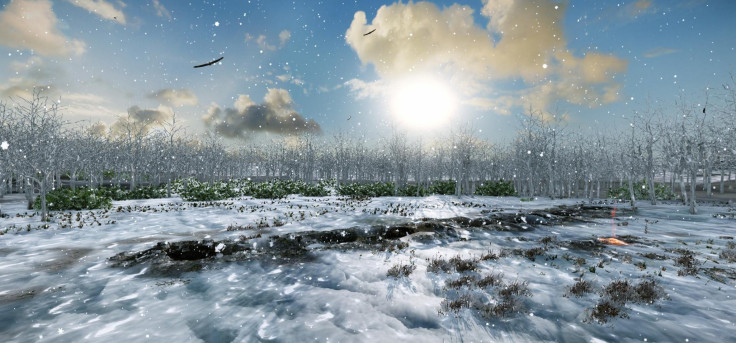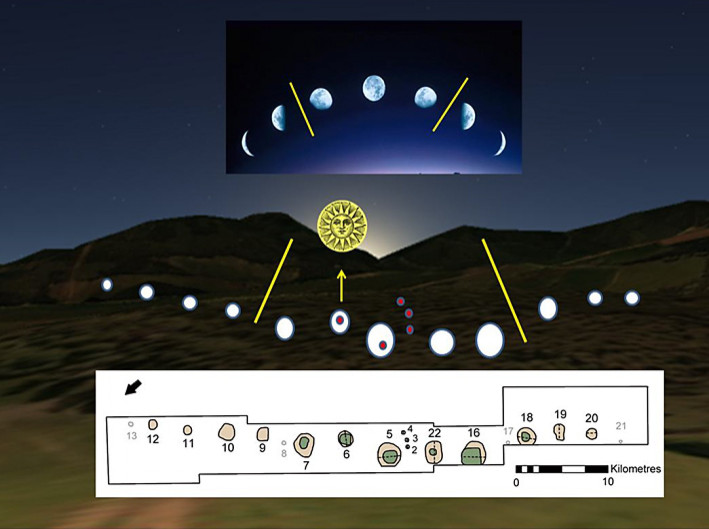World’s Oldest Calendar Discovered In Scotland, Dates Back To 8,000 B.C.
Archaeologists from the University of Birmingham believe they have discovered what could be the world’s oldest "calendar." The calendar, which dates back to about 8,000 B.C., is based on the phases of the moon and tracks lunar months.

Researchers said they found the calendar while excavating Warren Field at Crathes Castle in Aberdeenshire, Scotland. The time-telling mechanism isn't something that could be held in a person's hand or easily recognized as a tool used to measure time. The calendar at the site, which is maintained and managed by the National Trust of Scotland, is actually a series of 12 pits. Birmingham professor Vince Gaffney, who led the analysis project, said the pits followed the phases of the moon to create a primitive calendar. The research was published in the journal Internet Archaeology.
The ancient calendar used by hunter-gatherers tracked lunar months but didn't follow the solar year, Gaffney notes. It also needed to be adjusted each year to maintain its accuracy. The hunter-gatherers were able to make the necessary adjustments, to accurately follow the seasons, due to its alignment on the Midwinter Sunrise. This allowed for the series of pits to be adjusted annually and maintain a record of time.
“The evidence suggests that hunter gatherer societies in Scotland had both the need and sophistication to track time across the years, to correct for seasonal drift of the lunar year and that this occurred nearly 5,000 years before the first formal calendars known in the Near East,” Gaffney said in a statement released by the University of Birmingham. With a calendar in place, societies could, in theory, establish a formal definition of history, by having an organized way to track time, he said. The calendar found in Scotland preceded the earliest known calendar in Mesopotamia by 5,000 years, researchers said.

Clive Ruggles, emeritus professor of archaeoastronomy at the University of Leicester, served as an adviser to Gaffney's team. Ruggles confirmed the existence of a primitive calendar that was meant to serve as an accurate guide of the seasons and as a rough sketch of time to help plan various activities. The Mesolithic societies probably used the calendar to keep track of animal migrations, Gaffney said. By knowing the seasons, hunter-gatherers could plan accordingly to help ensure their survival.
The site at Warren Field is the only one discovered in the United Kingdom or Europe that features a similar monument at such an early date, researchers said. The pits were first discovered by an aerial survey of the excavation site by the Royal Commission on the Ancient and Historical Monuments of Scotland.
Dave Cowley, aerial survey projects manager at the commision, said that airplanes provided archaeologists with a tool that could discover a site that would have been previously missed by individuals working on the ground. Cowley said, “It is remarkable to think that our aerial survey may have helped to find the place where time itself was invented.”
A video about the world's oldest "calendar," courtesy of the University of Birmingham, can be viewed below.
© Copyright IBTimes 2024. All rights reserved.






















